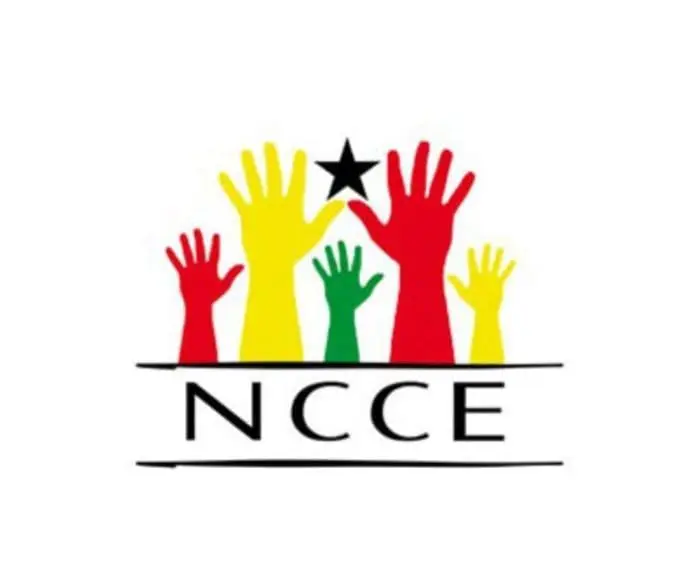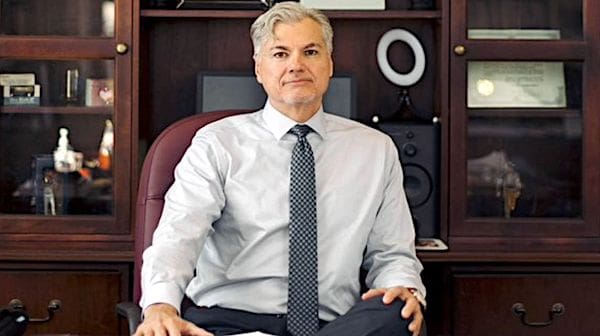Copyright ghananewss

Eighty-five women from diverse occupational backgrounds gathered in Salaga this week for what’s becoming a defining moment in Ghana’s grassroots fight against corruption. The civic engagement session, organised by the East Gonja Municipal Directorate of the National Commission for Civic Education (NCCE), brought together an eclectic mix of petty traders, hairdressers, tailors, makeup artists, women farmers, and members of microfinance unions for intensive training on the rule of law and their critical role in promoting transparency. The initiative, supported by the European Union and German Development Cooperation, represents more than just another civic education exercise. It’s part of a broader two-year national project being implemented across 60 districts in all 16 regions of Ghana, targeting the often-overlooked reality that corruption disproportionately affects women and children by depriving them of essential social and economic opportunities. Mr Iddrisu Abdul-Latif, the East Gonja Municipal Director of NCCE, didn’t mince words about the stakes involved. Speaking during the event in the Savannah Region, he emphasised that the training aimed to transform participants into active advocates for transparency and accountability within their own communities. There’s growing recognition that market women, artisans, and small business operators encounter corruption daily through illegal levies, bribery requests, and unethical practices that directly undermine their livelihoods and community development. The session brought together representatives from key institutions including the Commission on Human Rights and Administrative Justice (CHRAJ), the Ghana Police Service, the East Gonja Municipal Assembly, NCCE staff, and media representatives. This multi-stakeholder approach reflects the complex nature of anti-corruption work, which requires coordination across various sectors of governance and civil society. Inspector Obed Bajiligma of the Ghana Police Service in Salaga led discussions on the rule of law’s importance in safeguarding rights and promoting justice. His presentation covered the police’s investigative role in corruption-related offences, and he urged women to report cases without fear or favour, a significant message considering that fear of retaliation often silences potential whistleblowers in many communities. Mrs Falilatu Mohammed, a Civic Education Officer with the NCCE, guided participants through their civic responsibilities under Ghana’s 1992 Constitution. Her presentation covered various corruption forms including bribery, embezzlement, nepotism, and sexual extortion, explaining how each impacts development at both community and national levels. She also outlined legal protections and reporting mechanisms available through institutions such as CHRAJ, the Economic and Organised Crime Office, and the Office of the Special Prosecutor. What sets this initiative apart is its specific focus on empowering women as change agents in spaces where they wield considerable influence. Market women, for instance, were encouraged to uphold fairness in pricing and accountability in their daily transactions. The facilitators emphasised that integrity starts with everyday choices in homes, workplaces, and market associations, not just in government offices or corporate boardrooms. The timing of this engagement aligns with concerning national statistics. According to recent transparency assessments, Ghana ranked 80th out of 180 countries in the 2024 Corruption Perception Index with a score of 42 out of 100, indicating a decline in public trust and highlighting the urgent need for grassroots interventions. Similar NCCE engagements have been taking place across the country in recent weeks, including sessions in Lambussie, Oforikrom, Kintampo South, and Hohoe municipalities. Each gathering has drawn between 50 and 100 participants, suggesting strong community interest in understanding both rights and responsibilities related to governance and accountability. Participants at the Salaga event expressed appreciation for the training and pledged to champion anti-corruption values and strengthen community integrity. These commitments, if sustained, could translate into meaningful behavioural changes at the grassroots level where corruption often thrives because citizens either don’t recognise it or feel powerless to challenge it. The East Gonja Municipal Directorate of the NCCE reaffirmed its commitment to deepening civic education, promoting gender inclusion, and collaborating with local authorities, traditional leaders, and civil society to advance transparency and good governance in the municipality. The commission’s strategy recognises that lasting change requires not just awareness but also building citizens’ confidence to demand accountability from duty bearers, whether politicians, chiefs, or ordinary citizens in positions of trust. This initiative represents a pragmatic approach to addressing corruption by targeting those most affected by it and equipping them with knowledge, legal frameworks, and reporting mechanisms. Whether these town hall meetings translate into sustained community action against corruption remains to be seen, but they’re creating conversations and building knowledge that didn’t exist before in many of these communities.



